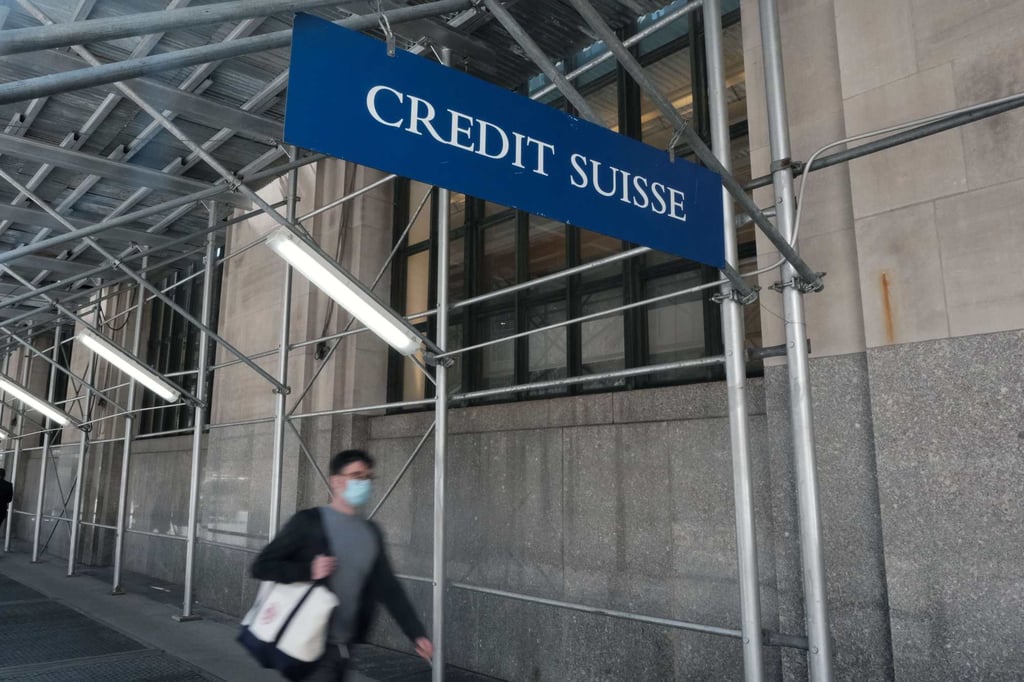Macroscope | Archegos shows the need for better financial market rules and more self-regulation
- Better disclosure rules would bring hedge funds and family offices like Archegos out of the shadows
- But regulation cannot micromanage: the market must self-regulate better

One painfully obvious remedy is better disclosure and oversight over opaque and highly geared instruments such as those used by Archegos. Highly geared and arcane derivatives have been behind virtually every hedge fund blow-up. Yet disclosure rules that apply elsewhere often do not apply in these corners.
A case in point: under United States securities law, any investor – hedge funds included – that acquires more than 5 per cent of a company’s shares must report such holdings to the Securities and Exchange Commission (SEC) under the Schedule 13D form within 10 days. But this type of reporting is not required for positions held in the derivatives trade.

The shares were bought and held by these banks. In essence, this arrangement allows Archegos to take a geared position on stocks while not having to disclose it. Archegos was thought to have about US$10 billion of assets under management, yet is estimated to have had US$50 billion (some even claimed US$100 billion) worth of exposure to the underlying stocks. The implicit gearing was 5:1 (even 10:1) but it did not have to disclose anything – because in reality, it did not own the shares!
